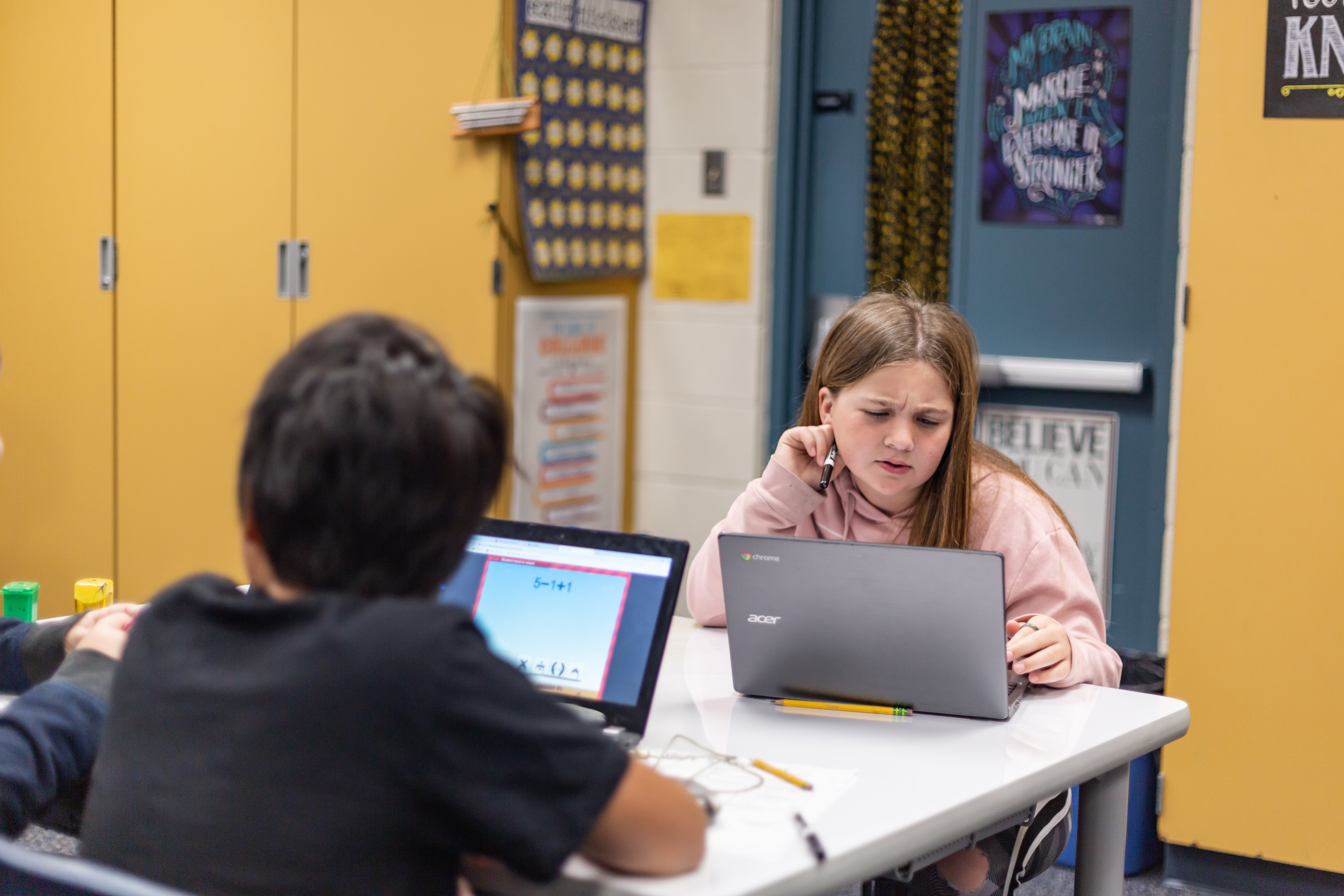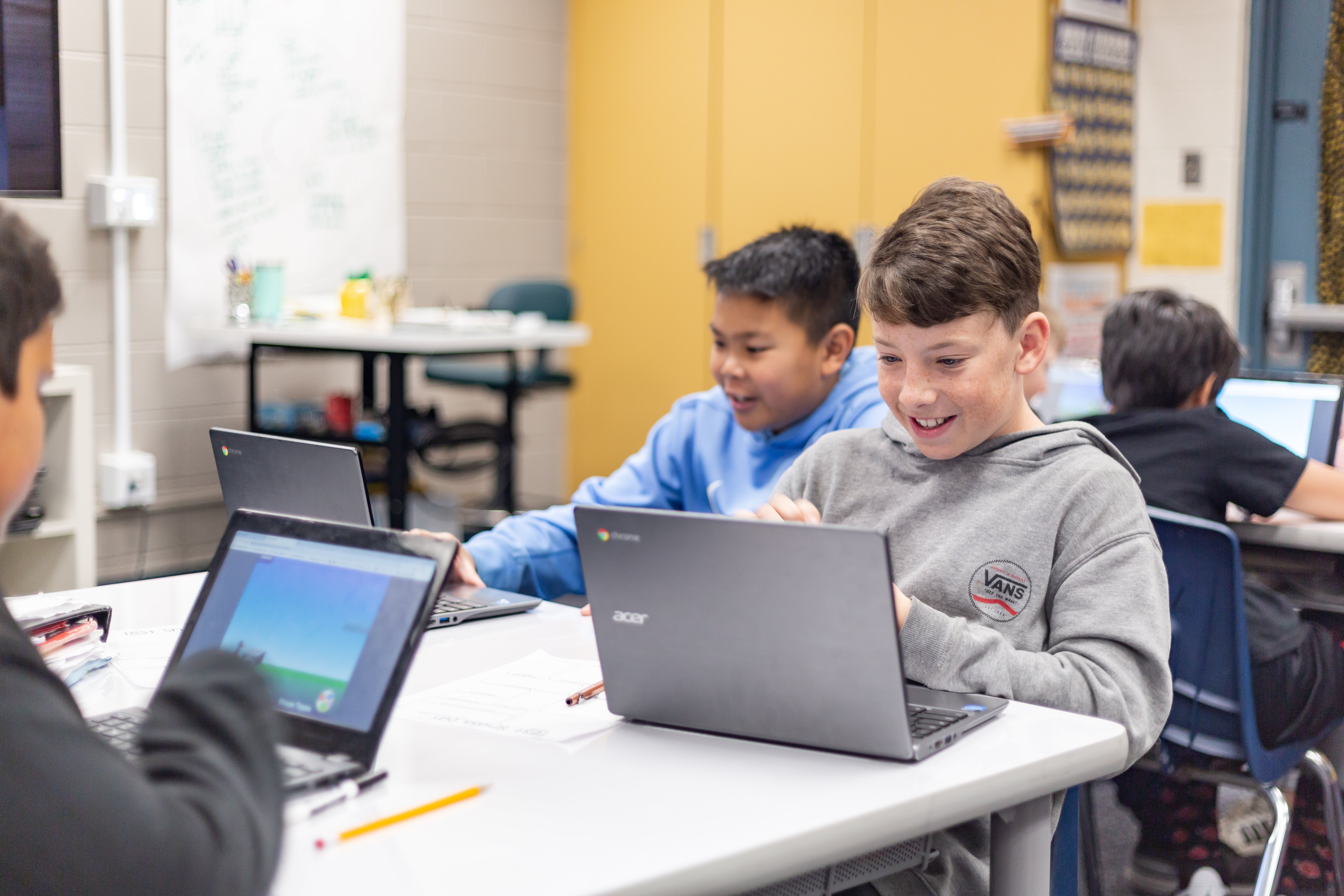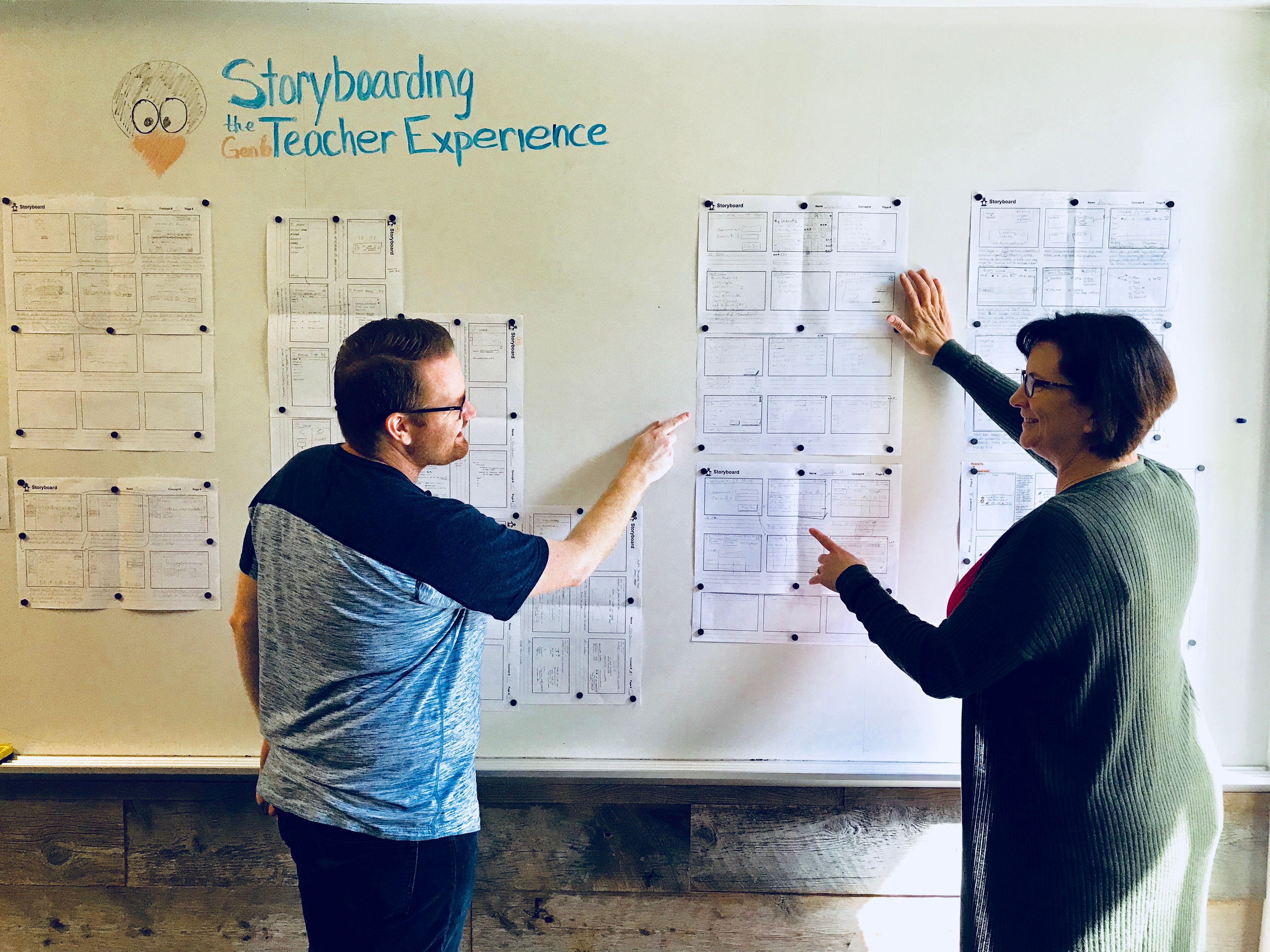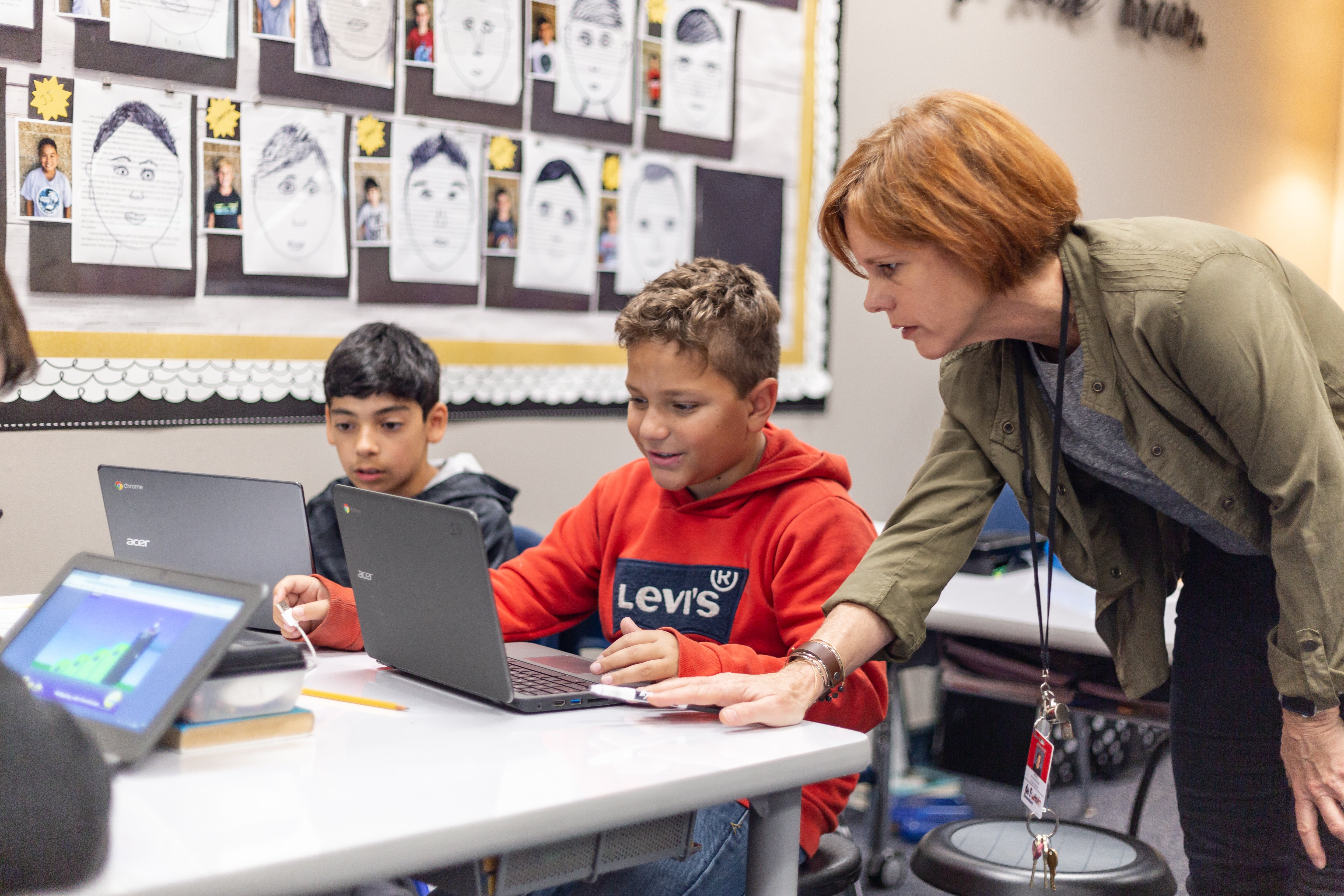
COVID-19 intensified some long-standing problems with math education, educational inequity, and society’s poor relationship with math. Researchers predicted that math learning would be heavily impacted by COVID-related school closures, and that is proving to be true so far this school year.

COVID-19 cost students learning time and educators teaching time. And time is what is needed for students to succeed on grade level. As we work with schools, educators, and families to support students this school year and beyond, we need to take a holistic and asset-based approach. If we remain too focused on the concept of “lost” learning, and of students being “behind,” then we will only add to the trauma that students have already experienced due to this pandemic. We have an opportunity to shift from the deficit-based discussion of “lost” learning, to an asset-based approach regarding “unfinished” learning.
All students are capable of succeeding on grade level math. Bolstering students' self-beliefs and giving them the time they need to succeed are key ingredients to keeping students on a trajectory for grade level success.
This past year has been traumatic in so many ways for our students and our teachers, and it’s crucial we remember that when responding to the academic challenges that COVID-19 has both created and exacerbated.
How students feel about math, and their own mathematical ability, has a profound impact on their success. There is a library of research and thought leadership on the importance of growth mindsets for learning success. We also know that many students and teachers suffer from math anxiety, and that both parents’ and teachers’ math anxiety can negatively impact students. So our response to unfinished learning should not add additional pressure or stigma for students or teachers.

We must make it clear to students that their social and emotional wellness is our top priority. The National Child Traumatic Stress Network has put together resources for both educators and caregivers that offer trauma-informed strategies to support students during this time. A common theme in this guidance is the importance of how we as adults are modeling self-care and healthy coping mechanisms. Students are taking their cues from us—just like they do when it comes to our attitudes about math.
We must empower students and build up their self-beliefs about their abilities. We must also support teachers and give them the time, tools, and training to ensure grade level success.
-> More social emotional learning research and resources
Keeping in mind that we want to empower students, our approach to unfinished learning focuses on grade level success. The answer is not to level students down. Since time is the most important currency here, we must reevaluate what students spend their precious learning time on. Now more than ever, there needs to be a prioritization of what instructional methods, tools, and resources are being leveraged in the learning time that students have.

The Council of the Great City Schools, which consists of more than 70 of the country’s largest urban public school systems, released guidance on addressing unfinished learning. The six core principles outlined were:
All of these guidelines align with our position that students can recover from unfinished learning—if we give them the time as well as equitable access to instruction and tools that are focused on rigorous grade-level content.

ST Math has been proven to help students succeed on grade level. Increased time on ST Math has not only been shown to increase gains, but also to positively impact students’ self-beliefs.
Rather than dropping students down from grade level content, ST Math takes students deeper into concepts they are struggling to master, using scaffolding techniques and randomly generated puzzle sequences. Instead of going backwards to experience success, ST Math surfaces just-in-time supportive material that elevates students to their target grade level. Some students simply require more time than others. The program adapts its pace to their needs, gradually scaffolding up in difficulty until they master the content and achieve more and more content coverage.
-> More grade level content resources
Helping students recover from unfinished learning is an effort that goes beyond the classroom. Even with effective prioritization of school time and instructional tools, there is only so much time in the school day. The entire student learning ecosystem must work together to support our students.
Just like the social-emotional impact of this crisis, learning recovery is going to require family engagement. Creating plans for learning goals and empowering parents to facilitate learning time at home will be part of the collective effort to support grade level success.

Educational organizations must also be part of the solution. In addition to the programs and services already provided, continued research and the creation of accessible resources for schools, families, and students are critical.
-> More family engagement resources
If we all work together, then the message we'll send to our students is clear: they’ve got this, and we’ve got them.

Brian LeTendre was the Director of Impact Advancement at MIND Research Institute. In addition to building thought leadership and brand awareness for MIND, Brian worked cross-functionally internally and externally to amplify MIND's social impact and accelerate our mission. He is an author, podcaster and avid gamer.
Comment